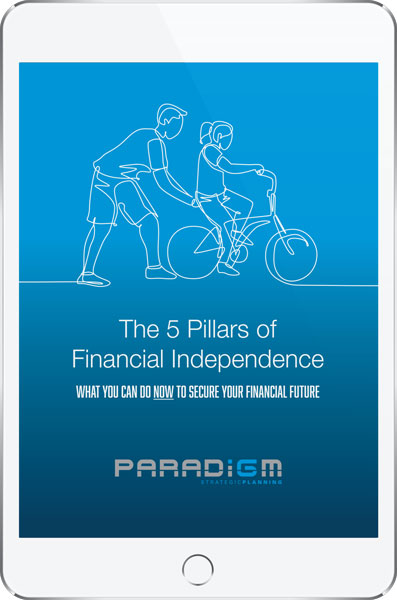Owners of very small businesses, also known as micro-businesses, frequently fail to allow for the risks they face. The main reason most business owners give for this oversight is they are just too busy working in the business to focus on what “might” happen.
But that really isn’t a good enough excuse. Owners of even the smallest businesses need to carry out a comprehensive risk assessment. This should consist of documenting as many conceivable events as possible, including but certainly not limited to:
- suppliers going out of business
- major customers taking their business elsewhere
- internal and external theft
- data loss
- major weather disasters.
However, one of the most important factors is the ongoing availability and capability of the business principal/s.
Key Person Insurance
When a small business is dependent upon the work of one person, or even two, what happens in the event of illness must be seriously considered. While individuals may be covered for income protection, ongoing business costs also need to be covered if revenue stops.
Typical expenses include rent, wages, advertising, accounting fees, business insurance, equipment leasing, communications and electricity.
Each business has its own unique expenses. Some items require special consideration, particularly if there may be a personal use factor. This could apply to the leasing of motor vehicles, mortgage payments, or use of a home office.
Employees may also be less productive in the absence of their boss. In these instances, it is important to obtain professional guidance when establishing the policy to ensure full and correct cover in the event of a claim.
How it works in practice
Bill and Ben operated a small manufacturing business. Their personal skills and experience were highly complementary with Ben supervising manufacturing while Bill handled administration and marketing. They recognised the risks of one becoming unavailable and after taking appropriate advice, entered into an appropriate buy/sell agreement including taking out a “Key Person” insurance policy on the life of each partner.
Shortly after, Ben died in a car accident. The proceeds from the policy on Ben’s life enabled Bill to buy Ben’s share and payout his widow. Without this, Bill would not have had sufficient funds available and may have been forced to sell the business.
You might be a busy business owner, but don’t get too busy to settle the important things. Talk to your financial advisor about the potential risks and the protection available.
—
 If you like this article, you might be interested to know that we share useful thoughts and information like this in our monthly financial insights email. You can subscribe to that email here. All subscribers receive a copy of our e-book: The 5 Key Pillars of Financial Independence.
If you like this article, you might be interested to know that we share useful thoughts and information like this in our monthly financial insights email. You can subscribe to that email here. All subscribers receive a copy of our e-book: The 5 Key Pillars of Financial Independence.
General Advice Disclaimer
This article contains general advice only, which has been prepared without taking into account the objectives, financial situation or needs of any person. You should, therefore, consider the appropriateness of the information in light of your own objectives, financial situation or needs and read all relevant Product Disclosure Statements before acting on the information. Whilst every care has been taken to ensure the accuracy of the material, Paradigm Strategic Planning or Sentry Advice Pty Ltd will not bear responsibility or liability for any action taken by any person, persons or organisation on the purported basis of information contained herein. Without limiting the generality of the foregoing, no person, persons or organisation should invest monies or take action on reliance of the material contained herein but instead should satisfy themselves independently of the appropriateness of such action.
Paradigm Strategic Planning Pty Ltd is an Authorised Representative of Sentry Advice Pty Ltd AFSL 227748
